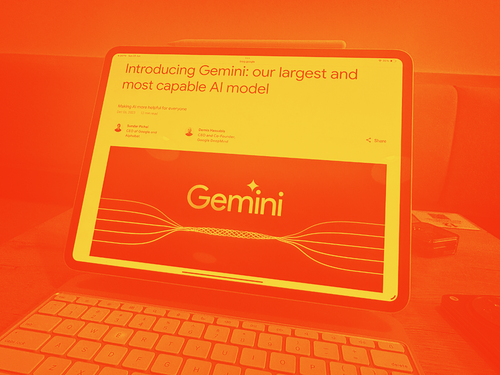
Gemini is trying to hide Google’s ethics shitshow, and fumbling. LOL!
Look, we all know Google is no paragon of ethics. But the situation is so bad that even Gemini is vomiting the truth.Only for a moment.

Rich geezers must avoid space tours as their greedy hearts risk failure, says research
Loaded old lads planning to take their next multimillion-dollar space ride might wanna take their cardiologist with them, too, says fresh research.

Apple be like “Here, have these cool iPhone AI features… in 2025”
Apple finally caught up to the Android competition with a bucketload of AI features for its hardware. "They gon make yo life easy," they said. They didn't say most of it exists in next year's calendar.

Twitter likes are gone. How do we nab our horny old politician now?
You can no longer see what a person has liked on Twitter. Now, we don’t support stalking exes. But humanity deserves a tool to expose saintly politicians simping for busty OF stars.

Apple's Mac shitshow is now a pricey shitshow for the iPad, as well
Apple thinks you should pay Rs. 1,33,521, at the very minimum, to get the "real" M4 processor inside its new iPad Pro. Mind you, this is a tablet running a mobile operating system.
Google Search could be smothering your creativity
A Carnegie Mellon University study reveals starting your brainstorming process with Google can be detrimental to the group's creativity.
Teams relying much on search engines often produced inundatingly same, less original ideas due to a cognitive bias called "fixation effect," where seeing popular answers converges our thought process instead of diverging it.

While individuals weren't necessarily dumber with Google, groups of Google users seemed to get stuck in a rut, often coming up with the same common ideas, sometimes even in the same order! Talk about a copy-and-paste creativity crisis.
"This appears to be due to the fact that Google users came up with the same common answers, often in the same order, as they relied on Google, while non-Google users came up with more distinct answers," explained lead author Danny Oppenheimer.
EDITORS' PICKS



